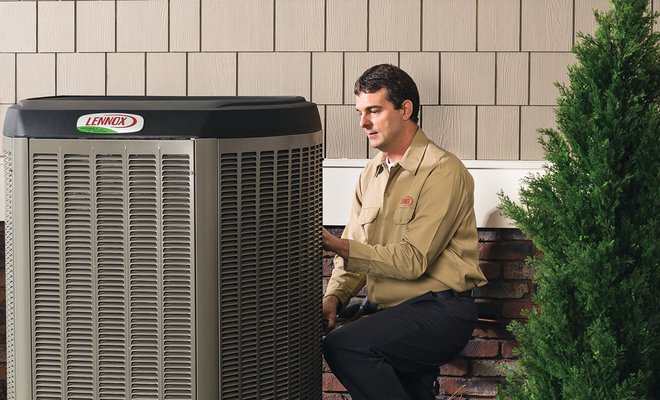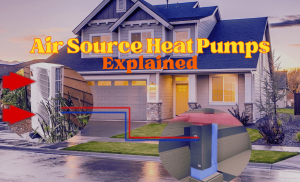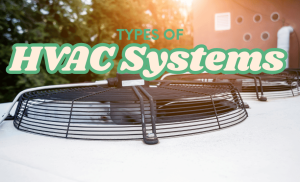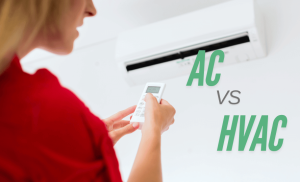For most of us, our understanding of air conditioners is simple as changing the temperature on thermostat. Lets not over complicate things though. Lets just understand them better to help your buying decision.
How do AC’s work?
Many people simply believe the outside machine brings cold air inside the house. Well, what’s actually happening is the the back and forth flow of hot and cold refrigerant. The outside unit called the condenser has a compressor inside. That compressor does what its name suggests. It compresses refrigerant causing it to get cold. This cold fluid moves inside to a cooling coil installed with your furnace or air handler. This creates a cold surface for air to pass over. The air passing over the coil is cooled and distributed through the ductwork by the blower in the furnace or air handler. The refrigerant now warms up and moves back outside to the condenser that expels the excess heat via its own coil and fan. The process repeats.
50% cooling, 50% humidity control
One of the biggest jobs an air conditioning system has to do is remove excess humidity from the air. If all your cooling system could do was remove humidity you would feel 50% more comfortable inside. Humid air holds heat, this is what causes us to feel warm and sticky. Humidity is removed by the condensation created by the indoor evaporator coil. The warm returned air moving over the coil coil creates condensation, water vapor. Its drips off the coil and gets drained away. What remains is conditioned, dry cool air.
“for an air conditioning system to function properly, it must have time to do its job”
Bigger air conditioner means more cooling right?
Well yes a bigger air conditioner can handle more cooling. However this doesn’t mean that a bigger air conditioner is the right answer. The fact of the matter is, for an air conditioning system to function properly, it must have time to do its job. When you oversize an air conditioner, it creates short cycling, short intermittent run cycles. Without a long enough run cycle, a limited amount of air is making it over the evaporator coil hindering the removal humidity. This also causes rapid temperature swings, more energy consumption and constant restarting of the equipment that will wear out parts quicker.
The same is inversly true for an undersized air conditioner. If the cooling system isn’t larger enough to handle the amount of air it needs to condition. The result is a system that never satisifies the thermostat and does not shut off.
So than what size air conditioner is right for me?
There is no one size fits all method for sizing an air conditioner. For a new installation a proper load calculation is the absolute best method. It factors in everything from the construction materials of your home, to windows, insulation and design temperature for your area. When replacing, if your existing unit was correctly sized from the beginning, it can be as simple as replace the old unit with a new unit of the same size. Having a professional HVAC contractor on site will guide you with what size air conditioner to purchase.










